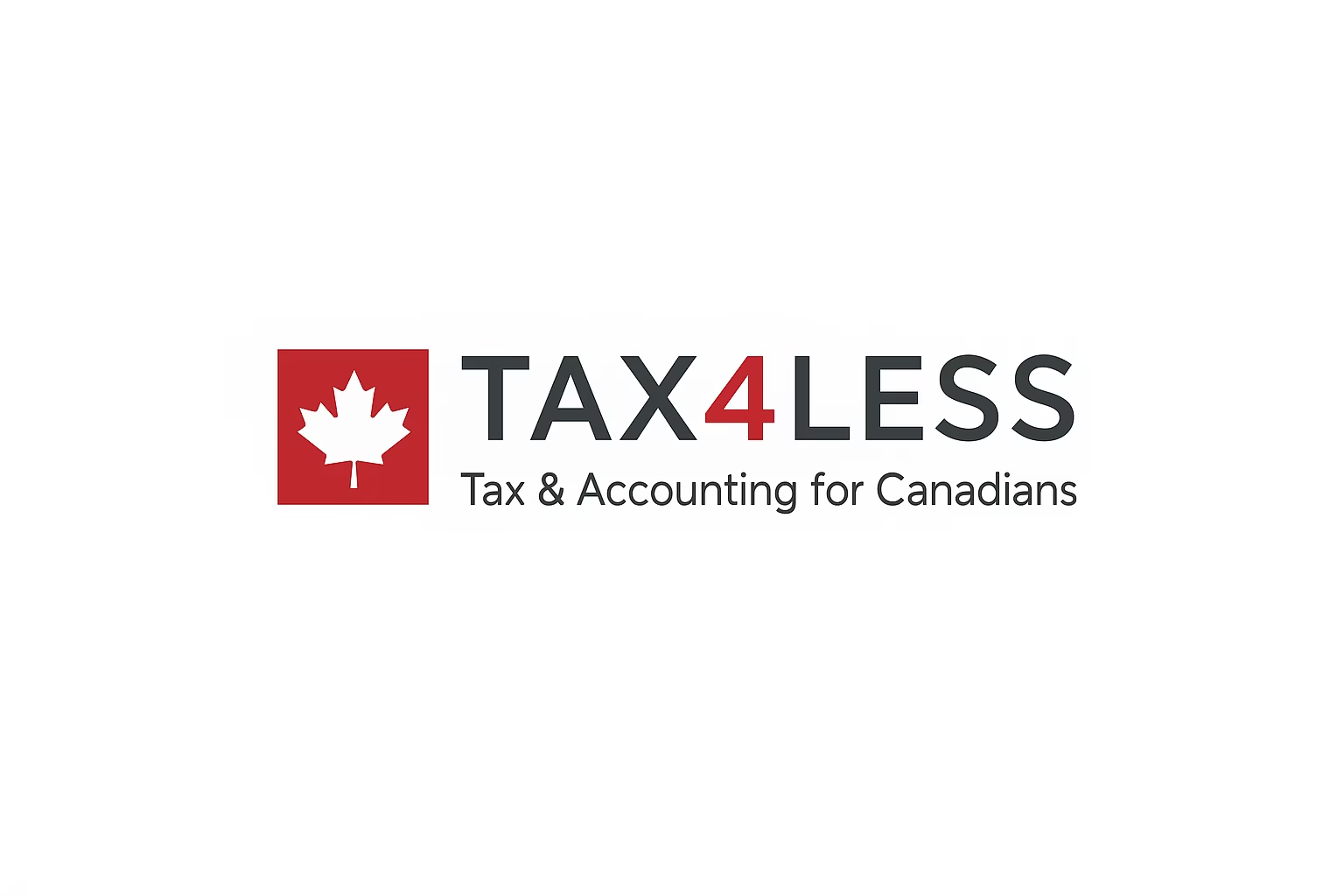Understanding GST, HST & Incorporation: When to Charge, Who’s Exempt, and How to Claim Input Credits
Introduction:
Navigating the complexities of Goods and Services Tax (GST) and Harmonized Sales Tax (HST) in Canada is crucial for businesses. In this article, we’ll delve into the when and how of GST/HST incorporation, explore who qualifies for exemptions, and provide insights on claiming input credits. Whether you’re a seasoned entrepreneur or just starting, understanding these tax intricacies is essential.
When to Charge GST/HST:
Determining when to incorporate GST/HST into your business transactions is vital. Key considerations include:
- Business Registration: If your annual worldwide taxable supplies exceed $30,000, it’s mandatory to register for GST/HST. Even if you fall below this threshold, voluntary registration can be beneficial.
- Type of Goods and Services: GST at 5% applies to most goods and services, while HST rates vary by province. It’s crucial to know the applicable rate for your region.
- Place of Supply: Where you make the supply matters. Transactions outside of Canada may not be subject to GST/HST, while provinces with HST apply their rates.
Who Qualifies for GST/HST Exemptions:
Despite the wide scope of GST/HST, certain exemptions exist, including:
- Basic Groceries: Generally, essential food items like fruits, vegetables, and meat are exempt. However, processed foods and alcoholic beverages may be taxable.
- Medical and Health Services: Healthcare services provided by professionals such as doctors and dentists are typically exempt.
- Financial Services: Banks, credit unions, and insurance companies often provide exempt services, though exceptions exist.
- Educational Services: Accredited educational institutions usually enjoy exemption, but some supplies may still be taxable.
Claiming Input Credits:
Even if you aren’t required to charge GST/HST on sales, you can benefit from claiming Input Tax Credits (ITCs) on business expenses. Here’s how:
- Eligible Expenses: Ensure your expenses relate to your commercial activities and maintain proper documentation like invoices and receipts.
- ITC Calculation: Calculate ITCs by deducting the GST/HST you’ve paid on eligible expenses from the tax collected on your sales.
- Reporting and Filing: Accurately record and report ITCs on your GST/HST return to optimize your financial performance.
Conclusion:
Mastering the incorporation of GST/HST into your business, understanding exemptions, and effectively claiming ITCs is essential for financial management and compliance in Canada. For a streamlined and cost-effective incorporation process, consider Tax4Less, a professional service that can help you incorporate for just $375, covering all government fees and taxes.
By adhering to tax regulations, maximizing ITCs, and considering professional services, you can navigate the intricacies of Canadian consumption taxes and enhance your business’s financial performance. Always consult a tax professional or the Canada Revenue Agency for the latest guidance specific to your situation.

 Previous Post
Previous Post Next Post
Next Post